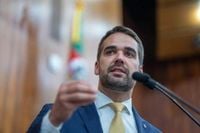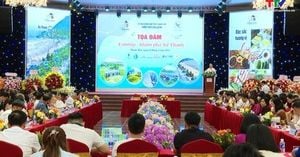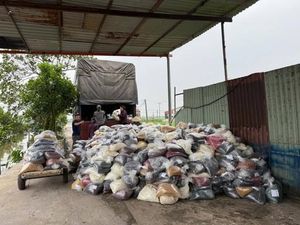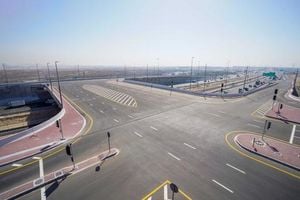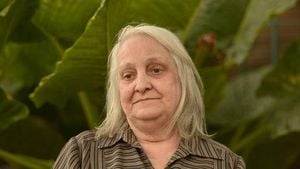On Friday, April 25, 2025, the PSDB directory in Porto Alegre released a public letter appealing to Governor Eduardo Leite to remain in the party. This appeal comes as Leite has informed allies of his intention to join the PSD, pending the officialization of the merger with Podemos, which is expected to be announced next week. The PSDB acknowledges its national decline but emphasizes its continued relevance in Rio Grande do Sul, identifying Leite as the main leader in the state and urging him to stay.
The letter states, "The PSDB is one of the few parties that remains coherent, being the destination of millions of votes of confidence from society. Governor, wherever you go in this country, party members and leaders see in you the figure of a leader capable of overcoming polarization in Brazil." This sentiment reflects the party's hope that Leite will choose to remain and lead them through challenging times.
Leite has expressed interest in running for President, but if he joins the PSD, he may instead run for the Federal Senate. The PSDB's letter argues that he should not join a party that does not offer the same political projection, emphasizing the importance of his leadership in maintaining the party's influence and coherence, especially as an opposition to the Federal Government.
Since November 2024, Leite has engaged in frequent discussions with Gilberto Kassab, president of the PSD, regarding his potential switch. These conversations intensified following the migration of Raquel Lyra, the former PSDB governor of Pernambuco, to the PSD. Reports suggest that Leite confided in Lyra about his intention to follow her lead.
Despite his aspirations to run for President again, as he attempted in the 2021 PSDB primaries, uncertainties loom within the PSD. Kassab has shown a preference for supporting Tarcísio de Freitas, the governor of São Paulo, or potentially launching Ratinho Júnior, the governor of Paraná, as their own candidate for the presidency. Recently, Ratinho Júnior visited Rio Grande do Sul, and in a private conversation, Leite reportedly indicated he would not oppose supporting another candidate for the presidential race.
Internal divisions within the PSDB have also played a role in Leite's considerations. Ongoing attempts at mergers or federations with other parties have stalled, and internal disputes—particularly between the party's national president, Marconi Perillo, and federal deputy Aécio Neves—have contributed to a climate of stagnation. For Leite, this environment has become increasingly incompatible with his political ambitions.
In a parallel development, the PSDB of Porto Alegre has highlighted its growth, which stands in stark contrast to the party's national decline. The open letter from the PSDB's executive, signed by Porto Alegre councilors Moisés Barboza, Gilson Padeiro, and Marcelo Bernardi, underscores the party's achievements, including breaking drug patents to allow for the creation of generic medications, implementing the Plano Real to combat hyperinflation, and establishing the Fiscal Responsibility Law (LRF).
The letter articulates a strong belief that Leite embodies the leadership necessary to transcend Brazil's current political polarization. It states, "Joining another party that visibly does not guarantee this possibility is to forfeit offering a historic opportunity for many Brazilians: to choose a leader who is not committed to LuloBolsonarism, someone with a coherent and unifying stance."
As the PSDB prepares for the upcoming merger announcement with Podemos, the urgency to retain Leite within their ranks is palpable. The letter indicates that the PSDB is committed to providing an alternative to the current political landscape, which many perceive as increasingly polarized.
With the formal announcement of the merger set for Tuesday, April 29, the PSDB's leadership is hopeful that Leite will heed their call and remain with the party, where he can continue to play a pivotal role in shaping its future. The letter concludes by expressing the collective sentiment of thousands of party members who wish for his continued leadership during this period of uncertainty.
As the political landscape in Brazil continues to evolve, the decisions made by influential figures like Eduardo Leite will undoubtedly have significant ramifications for the direction of the PSDB and the broader political discourse in the country. The coming weeks will be critical as both the PSDB and PSD navigate their paths forward in a complex and shifting environment.
